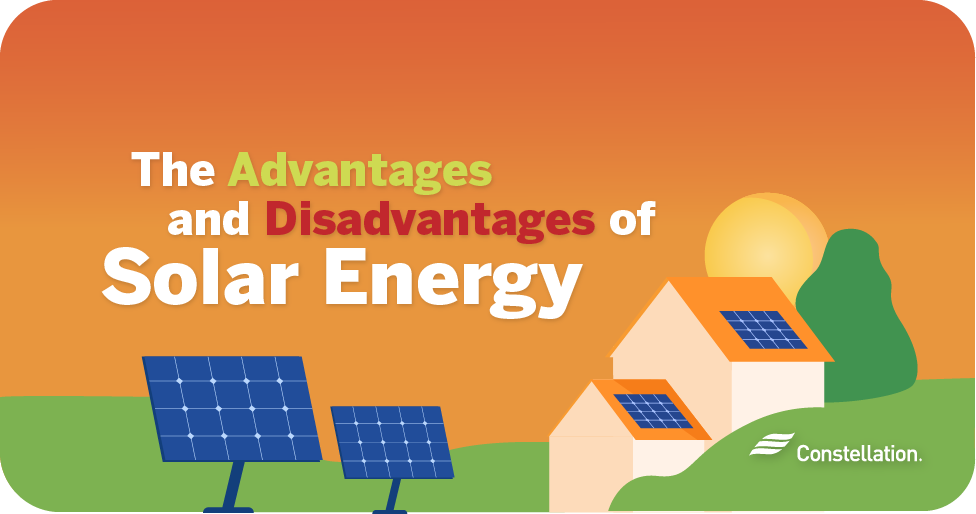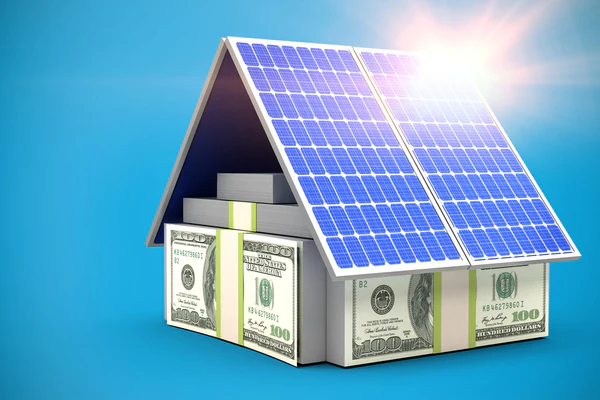Eco-Friendly Solar Power with Simply Solar Illinois – Go Green Today
Eco-Friendly Solar Power with Simply Solar Illinois – Go Green Today
Blog Article
Exactly How Solar Energy Can Aid You Save Money and Reduce Your Carbon Impact
The assimilation of solar power into your energy portfolio provides an engaging chance for both monetary cost savings and environmental stewardship. By utilizing the sunlight's power, house owners can significantly minimize their month-to-month energy expenses while also guarding versus the unpredictability of future energy prices. The shift to solar adds to a significant reduction in carbon emissions, aligning personal finance with wider environmental objectives. As different federal government rewards become available, the question develops: exactly how can one efficiently browse the first financial investments and recurring advantages of solar innovation to make the most of both financial and environmental gains?
Recognizing Solar Power Cost Savings
While the transition to solar energy frequently includes a preliminary financial investment, comprehending solar power cost savings is crucial for property owners and services alike. Solar power systems can substantially lower electricity costs by using the sunlight's power, translating right into considerable lasting economic benefits. By generating their own electrical energy, users reduce dependence on grid power, which undergoes rising and fall prices. These financial savings can gather gradually, usually leading to a fast roi.
Moreover, solar energy systems might get approved for different monetary motivations, including tax credit reports and discounts, even more boosting their cost-effectiveness. The availability of internet metering permits individuals to sell excess power back to the grid, creating an additional income stream. These elements add to the total savings related to solar energy.

Along with direct financial savings, solar energy supplies the added benefit of boosting building value. Homes outfitted with solar panels are commonly more attractive to purchasers, as they promise lower energy prices - Simply Solar Illinois. Comprehending these components is important for anyone thinking about solar power, as it highlights not simply the prospective financial gains, but likewise the wider ecological and economic advantages of taking on renewable resource services
Initial Prices vs. Long-Term Advantages
When examining solar power, it is very important to weigh the first costs versus the long-term benefits. The upfront investment for photovoltaic panels, installment, and relevant equipment can be considerable, often ranging from $15,000 to $30,000, depending upon the system size and home energy needs. This preliminary expense may prevent some house owners; however, it is important to take into consideration the possible cost savings in time.
As soon as set up, solar energy systems can substantially reduce and even get rid of regular monthly electrical energy costs, leading to considerable long-lasting financial advantages. Researches suggest that property owners can save anywhere from $10,000 to $30,000 over the lifespan of their solar system, commonly 25 years. In addition, many states offer incentives, tax credit histories, and rebates that can offset preliminary costs, making solar a lot more websites available.

Minimizing Your Carbon Footprint
Decreasing your carbon footprint is a vital consideration in today's eco aware society, and taking on solar energy is one of one of the most efficient strategies to achieve this objective. Solar energy is a clean, eco-friendly resource that considerably diminishes reliance on nonrenewable fuel sources, which are major contributors to greenhouse gas discharges.

Furthermore, the widespread adoption of solar technology urges the advancement of environment-friendly jobs and supports technologies in power storage space and efficiency. The more people and organizations purchase solar power, the better the collective get more decrease in carbon emissions, promoting a cleaner atmosphere for future generations.
Government Motivations and Rebates
Adopting solar power not only profits the environment but can also result in considerable monetary cost savings, particularly with the accessibility of federal government incentives and rebates. Numerous federal, state, and local programs are designed to urge property owners and businesses to invest in solar power systems, making the change extra affordable.
One of the most noticeable motivations is the Federal Financial Investment Tax Obligation Credit Scores (ITC), which permits solar system owners to subtract a substantial percentage of the setup costs from their federal tax obligations. This motivation has been crucial in lowering the in advance expenses related to solar energy systems. In addition, several states supply their very own tax debts, grants, and refunds that can further boost cost savings.
In addition, some city governments give real estate tax exceptions for solar installments, making certain that house owners do not encounter enhanced home taxes as a result of their eco-friendly power investments. Energy companies might also supply incentives, including internet metering and feed-in tolls, which enable solar power customers to market excess power back to the grid.
Choosing the Right Solar System
Selecting the appropriate solar system is essential for maximizing energy efficiency and financial advantages. The choice hinges on numerous aspects, consisting of power requirements, spending plan, and readily available area. House owners ought to start by examining their electricity intake to identify the system dimension required for optimum efficiency.
Following, consider the different sorts of solar innovations available. Simply Solar Illinois. Photovoltaic (PV) panels are the most usual, converting sunshine straight right into electrical power, while solar thermal systems concentrate on home heating water. Each type has distinctive benefits relying on private demands
Budget factors to consider are also extremely important. First installment expenses can vary significantly, so it is necessary to contrast quotes from multiple suppliers and explore financing choices. Government incentives and refunds can further minimize the economic concern, making solar systems a lot more accessible.
Verdict
The informative post environmental benefits of solar energy add to lasting practices important for combating environment change. Federal government incentives boost the usefulness of solar modern technology fostering, urging a shift in the direction of a cleaner, extra economically reliable energy source.
Report this page